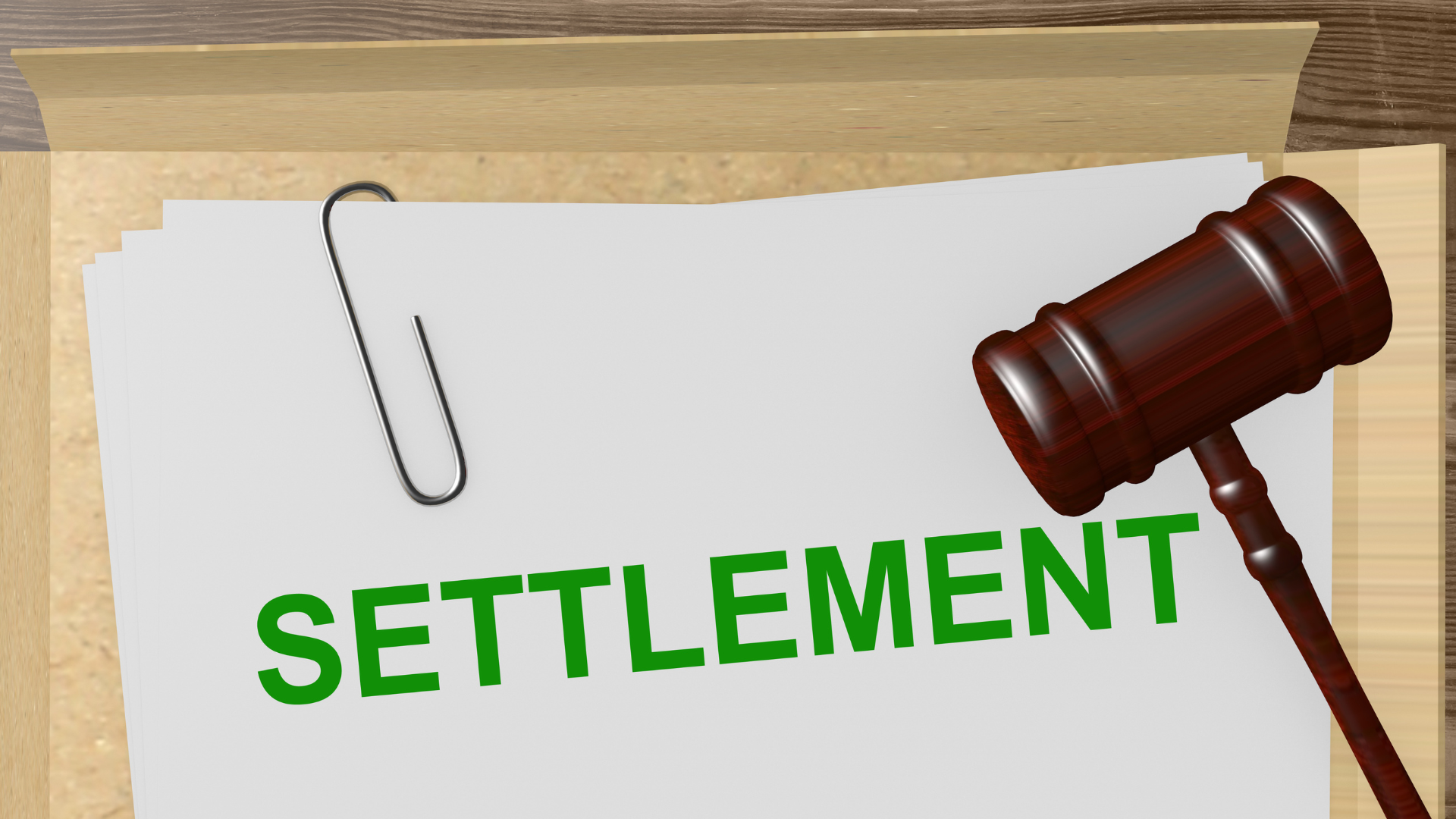Can Chapter 7 Bankruptcy Be Removed Early?
Can Chapter 7 Be Removed Early?

In most cases, Chapter 7 bankruptcy cannot be removed from your credit report or the federal public record early.
Once filed, the bankruptcy remains on your credit report for up to 10 years from the filing date, as dictated by the Fair Credit Reporting Act (FCRA). It also stays in federal court records indefinitely. However, there are a few narrow exceptions where early removal may be possible.
Valid Reasons for Early Removal
1. Filing Error or Identity Theft
If your bankruptcy filing was a result of:
- A clerical or court error
- Identity theft
- Someone is fraudulently filing in your name
… you can dispute the record with the credit bureaus. If the information is found to be inaccurate or unverifiable, they are legally required to remove it.
2. Case Dismissed, Not Discharged
If your Chapter 7 case was dismissed rather than discharged, meaning the court closed it without granting you debt relief, you may be able to request its removal from your credit file.
Credit bureaus often retain dismissed bankruptcies, but you can challenge this under the FCRA’s accuracy provisions.
Can You “Expunge” a Bankruptcy?
No. There is no legal process to “expunge” or delete a valid bankruptcy filing from public records. Bankruptcy is a matter of federal court, and court records are considered permanent and public.
PACER (Public Access to Court Electronic Records) will list your bankruptcy indefinitely.
How Long Does Chapter 7 Stay on My Credit Report?
Chapter 7 bankruptcy stays on your credit report for 10 years from the filing date, not the discharge date. This affects your ability to qualify for:
- Home loans
- Auto loans
- Certain credit cards
- Rental applications
- Employment in some industries
After 10 years, the major credit bureaus—Experian, Equifax, and TransUnion—are required to remove the record.
Can You Improve Your Credit While Bankruptcy Is Still Showing?
Yes. You don’t have to wait 10 years to start rebuilding credit. Here’s how to begin improving your credit even with a bankruptcy on your record:
- Get a secured credit card
- Make all future payments on time
- Maintain low credit utilization
- Consider a credit-builder loan
- Check your credit reports for errors
Within 12–24 months, many people can qualify for auto loans or even FHA-backed mortgages post-bankruptcy.
What About Public Record Sites?
While court records stay on PACER permanently, many third-party background check or public record sites scrape and repost this information. You can often request removal from these platforms under privacy laws, but this does not affect your actual court or credit record.
When to Speak with a Bankruptcy Attorney
If your Chapter 7 case was dismissed in error, you may have a strong legal argument for early removal from your credit reports. Or, if you’re unsure how your bankruptcy affects your financial future, a local attorney can:
- Review your case file
- Help dispute inaccurate reporting
- Advice on rebuilding credit
- Guide you on future lending or homebuying
Frequently Asked Questions
1. Can I remove a Chapter 7 bankruptcy from my credit report before 10 years?
Only if it was an error or fraud. Otherwise, it stays for the full 10 years.
2. What happens if my bankruptcy case is dismissed?
You can try to remove it from your credit file. Dismissals may be challenged as not constituting a completed bankruptcy.
3. Does early discharge mean early removal?
No. Even if you receive a discharge quickly, the bankruptcy stays on your credit report for 10 years.
4. Can I rebuild credit while bankruptcy is on my report?
Yes. Many debtors start improving their credit within 1-2 years by using secured credit cards and responsible borrowing.
5. Can an attorney help get my bankruptcy removed?
Yes, if there are inaccuracies or if the case was dismissed, an attorney can help dispute the record or file complaints with credit bureaus.











